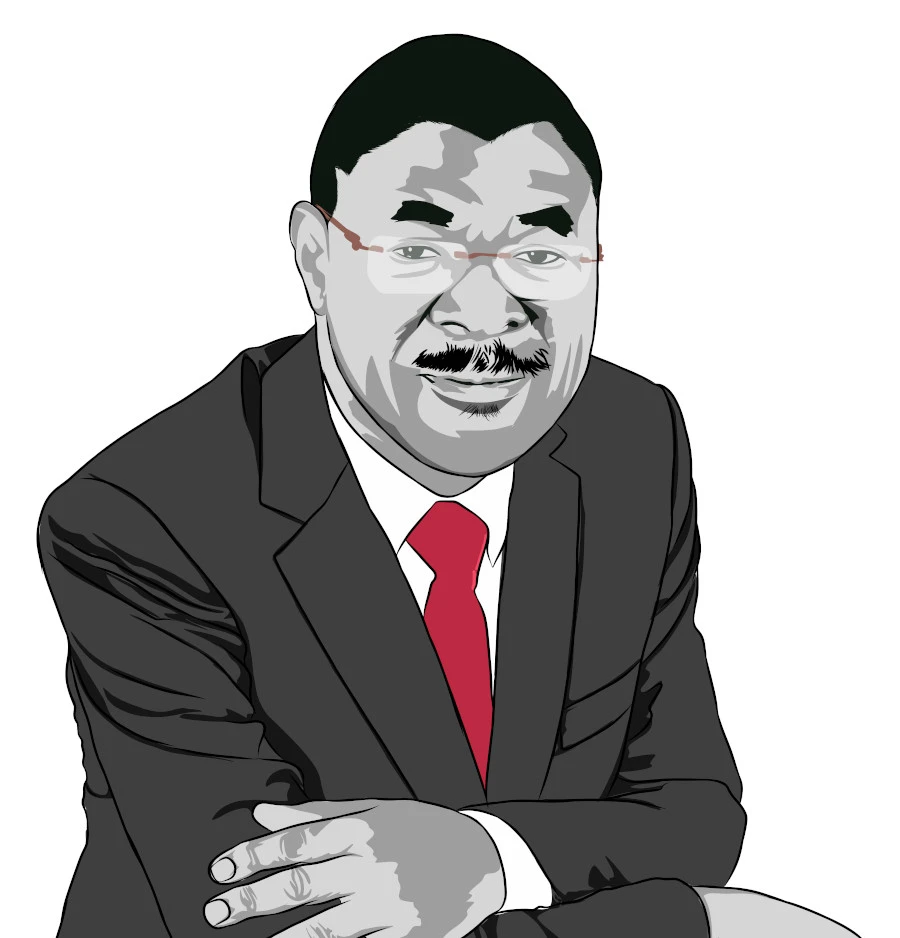
The Quintessential Principal
For two general elections, Moses Masika Wetangula has been one of four principals in the main opposition coalition, and is now a principal a third

For two general elections, Moses Masika Wetangula has been one of four principals in the main opposition coalition, and is now a principal a third
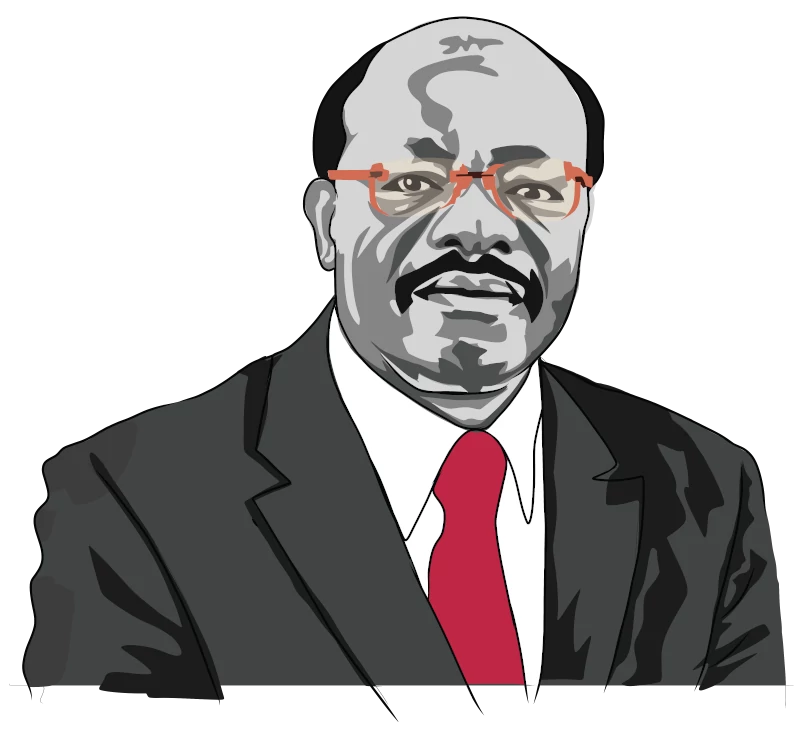
Lately, Dr. Mukhisa Kituyi’s favorite phrase is Enterprise Kenya, speaking on the need for the country to not merely survive but prosper and satisfactorily fulfil its obligations to its people. But don’t get it twisted. The man who can readily talk shop and drown you in jargon owes his roots to the deepest trenches of the struggle for Kenya’s second liberation, and even if he doesn’t look or show it, remains alive to the painfully peasantry background he came from. In this comprehensive longread, journalist and Debunk Media’s Editor-in-Chief Isaac Otidi Amuke replays his just over two hour conversation with Kituyi, as the former UNCTAD Secretary General shares his trials, tribulations, triumphs, and ideas on Enterprise Kenya.
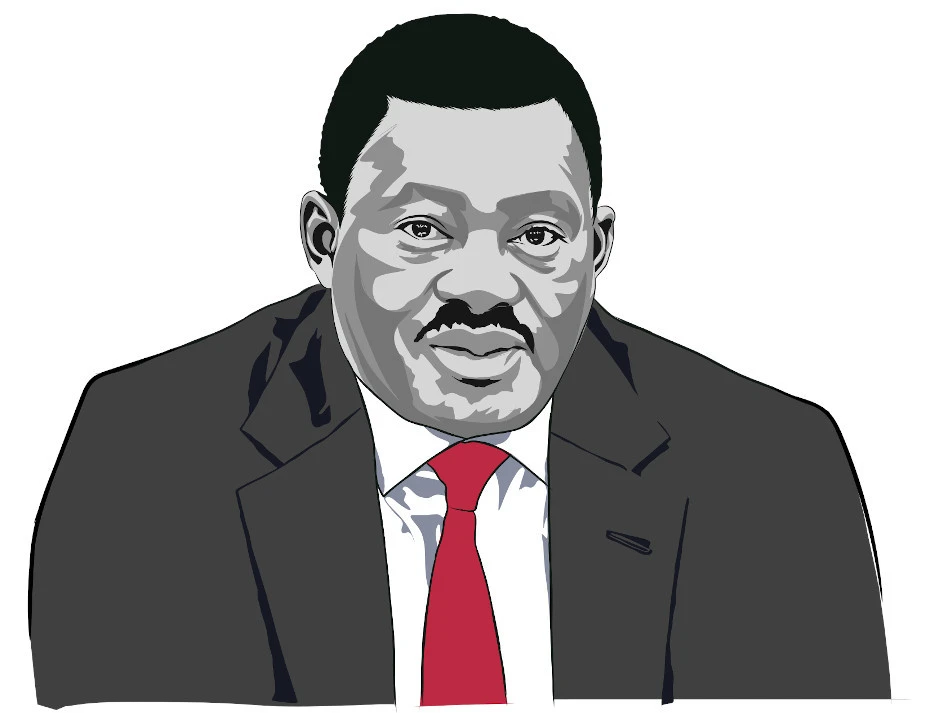
Justin Bedan Njoka Muturi believes the big ideas have always been there, and will always be there. To Muturi, what’s lacking in Kenya’s governance is discipline and order. Yes, I know. The Speaker wants to bring order! In this deep-dive on Muturi’s life and times, journalist and Debunk Media’s Editor-in-Chief Isaac Otidi Amuke revisits his two hour conversation with Muturi, reliving the make-believe chase of the Speaker’s motorcade around town and other James Bond-esque moments, and explores the implications of a Muturi candidature and presidency.
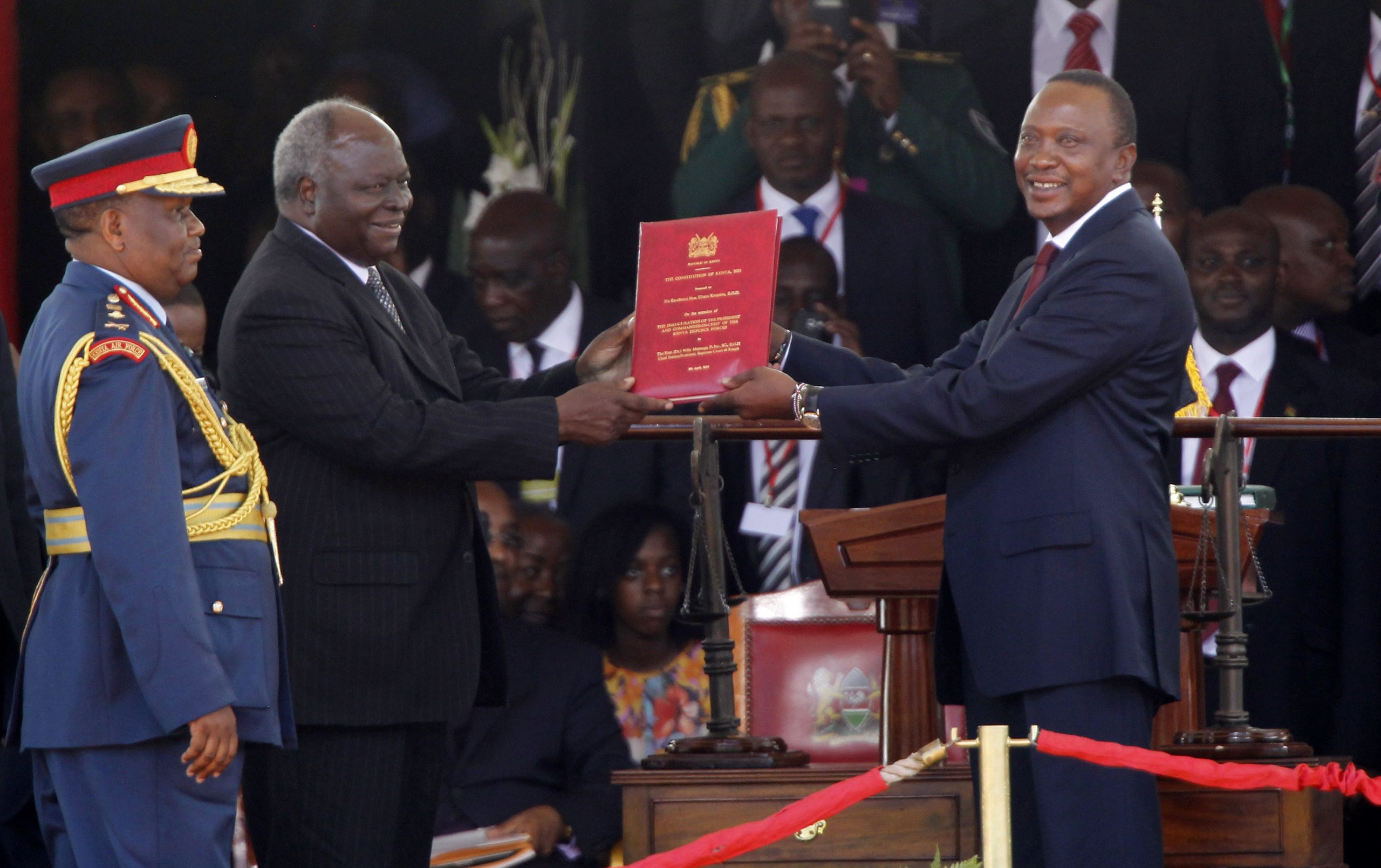
Whereas the concept of the Basic Structure Doctrine is not new in Kenya, this was the first time that the appellate court was met with the concept. In this regard, two questions were posed to the Court of Appeal. First, does the Basic Structure Doctrine apply in Kenya, and if yes, what forms the Basic Structure of the Constitution of Kenya 2010?
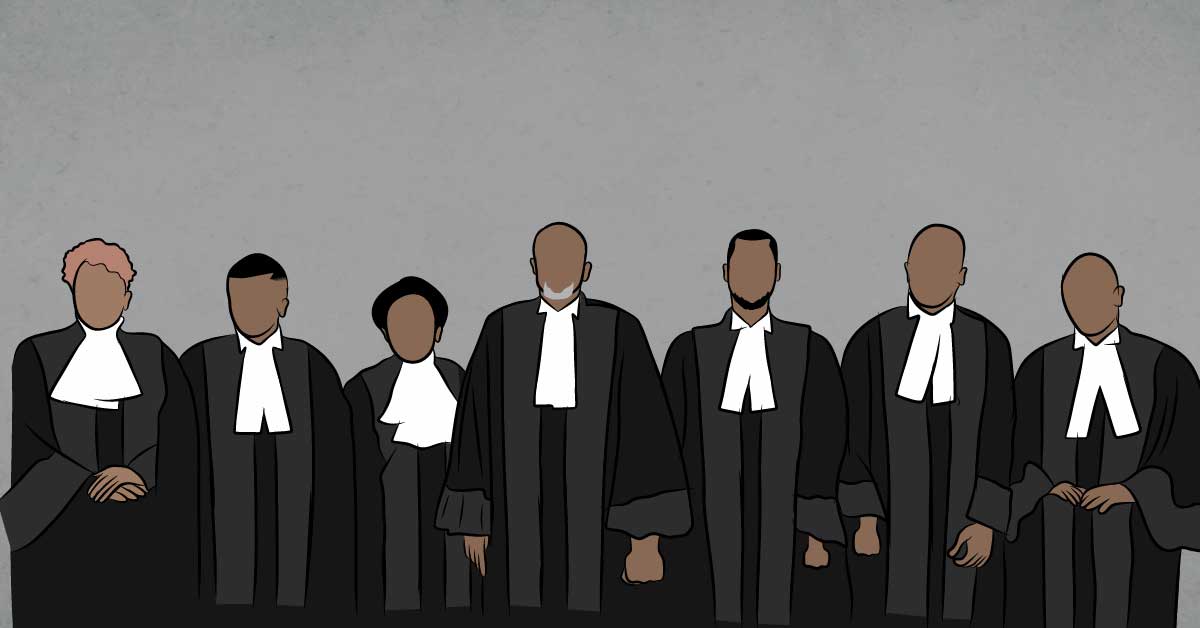
In BBI 2, these passive virtues were raised by the Appellants in a bid to overturn the BBI 1 by the High Court. The Appellants argued that the questions raised in BB1 were political questions and unripe for determination. Put differently, the appellants argued that the questions posed in BBI were better left for the political players and not the Court.
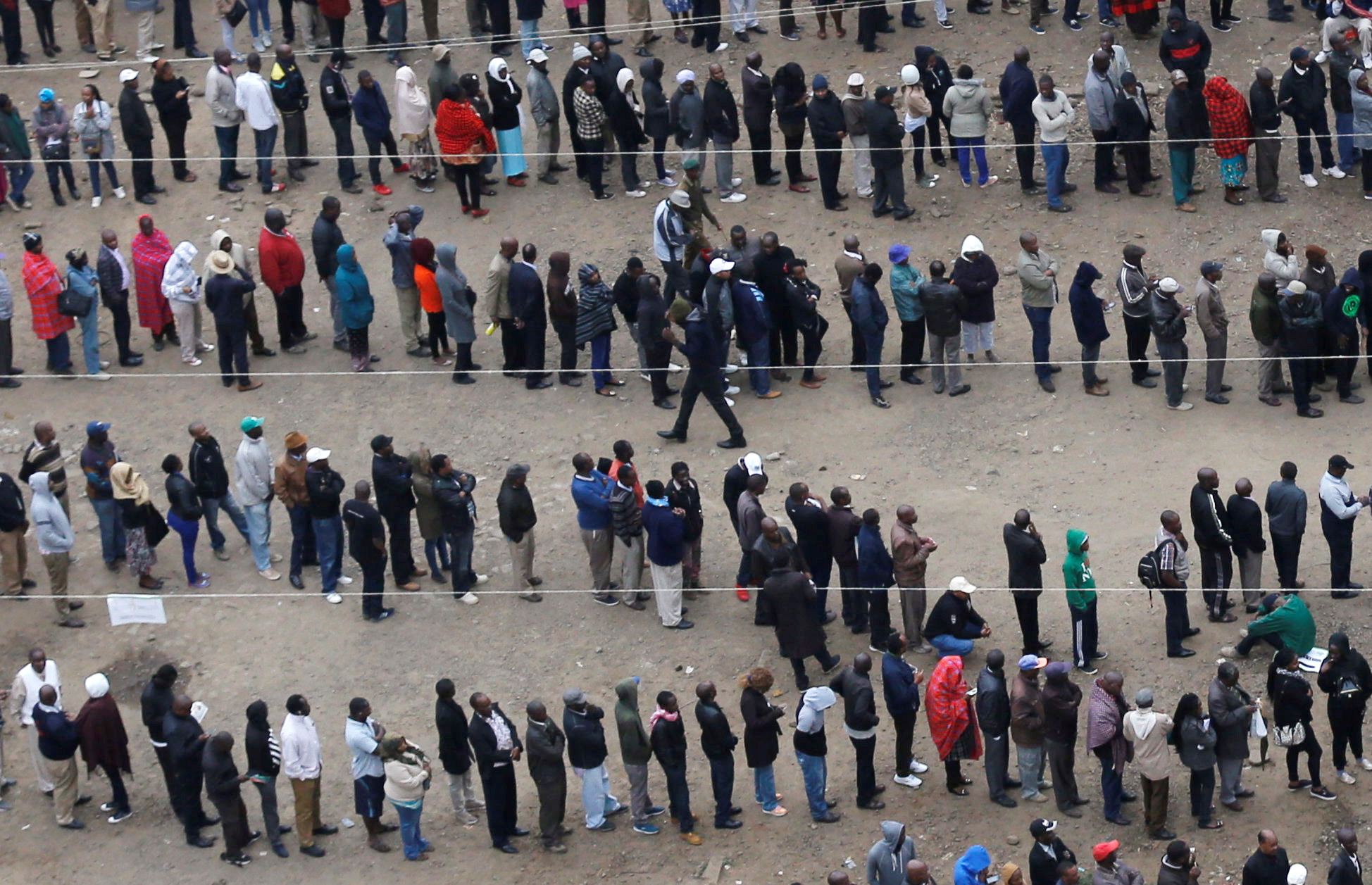
The role of the police during elections is to safeguard the right to vote by providing security to voters and guarding ballots. History has however shown that the police are occasionally misused to either interfere with or prevent voters from voting. During the President Daniel arap Moi era, the police and provincial administration were used by the ruling party to deliver votes to the regime’s candidates. Today, in every election, the elements of the ruling party have been shown to make similar attempts, as they deploy dozens of police officers to polling stations, which then become scenes of chaos.

Stutchbury’s murder has shaken the conservation world, and understandably so because since time immemorial, Kenya has stayed on the wrong side of this fight.
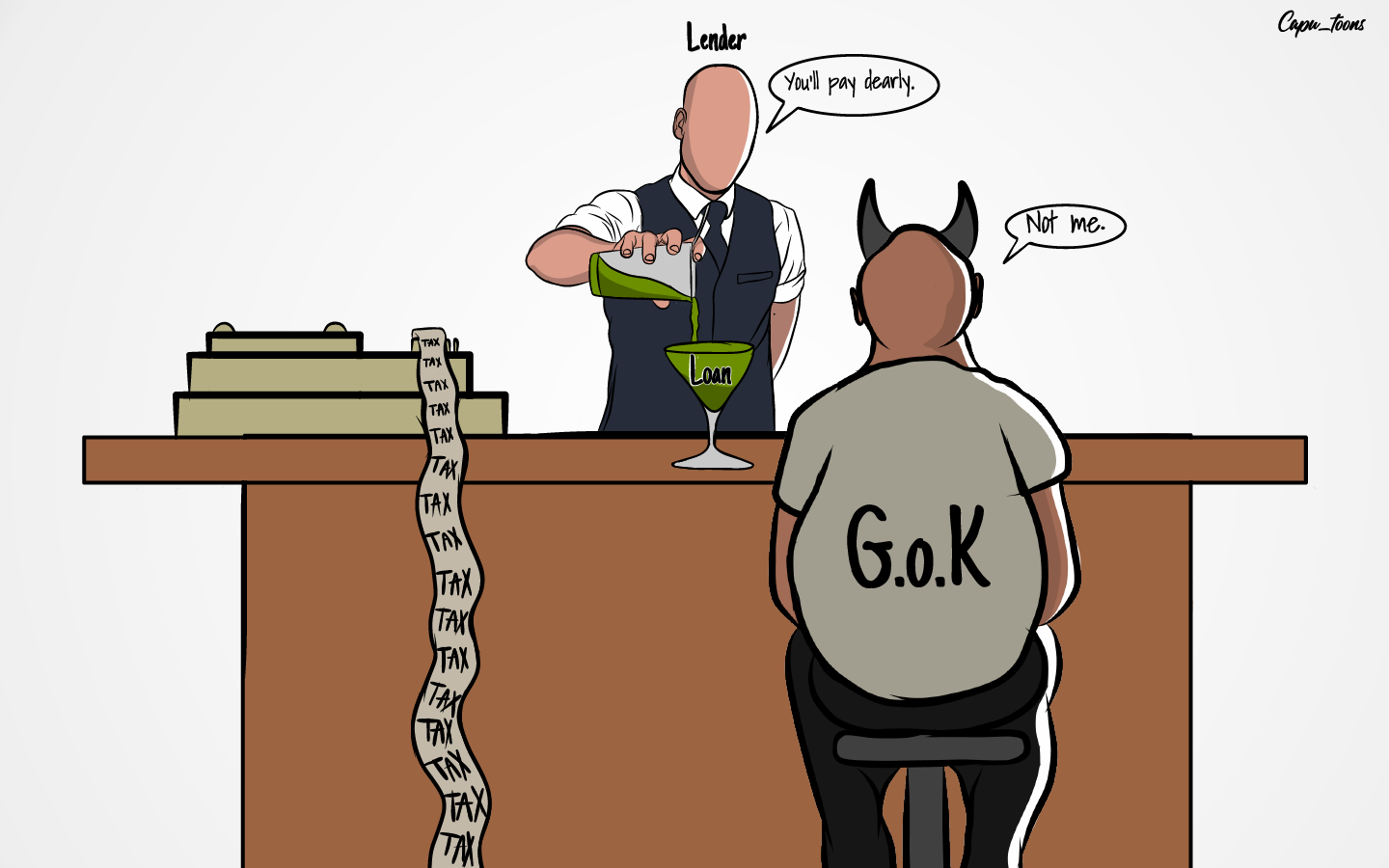
It goes without saying that development institutions and aid agencies are here to stay, and their business is to keep loaning and giving grants. This will carry on despite the fact that loans and grants may not be used for the intended purposes. At the same time, African governments will continue insisting on their financial distress in perpetuity, as even those led by autocrats continue to receiving loans and grants. And much as national debt in and of itself is not a terrible idea, Kenya and others like her will continue struggling to breathe, until a radical fiscal shift happens.
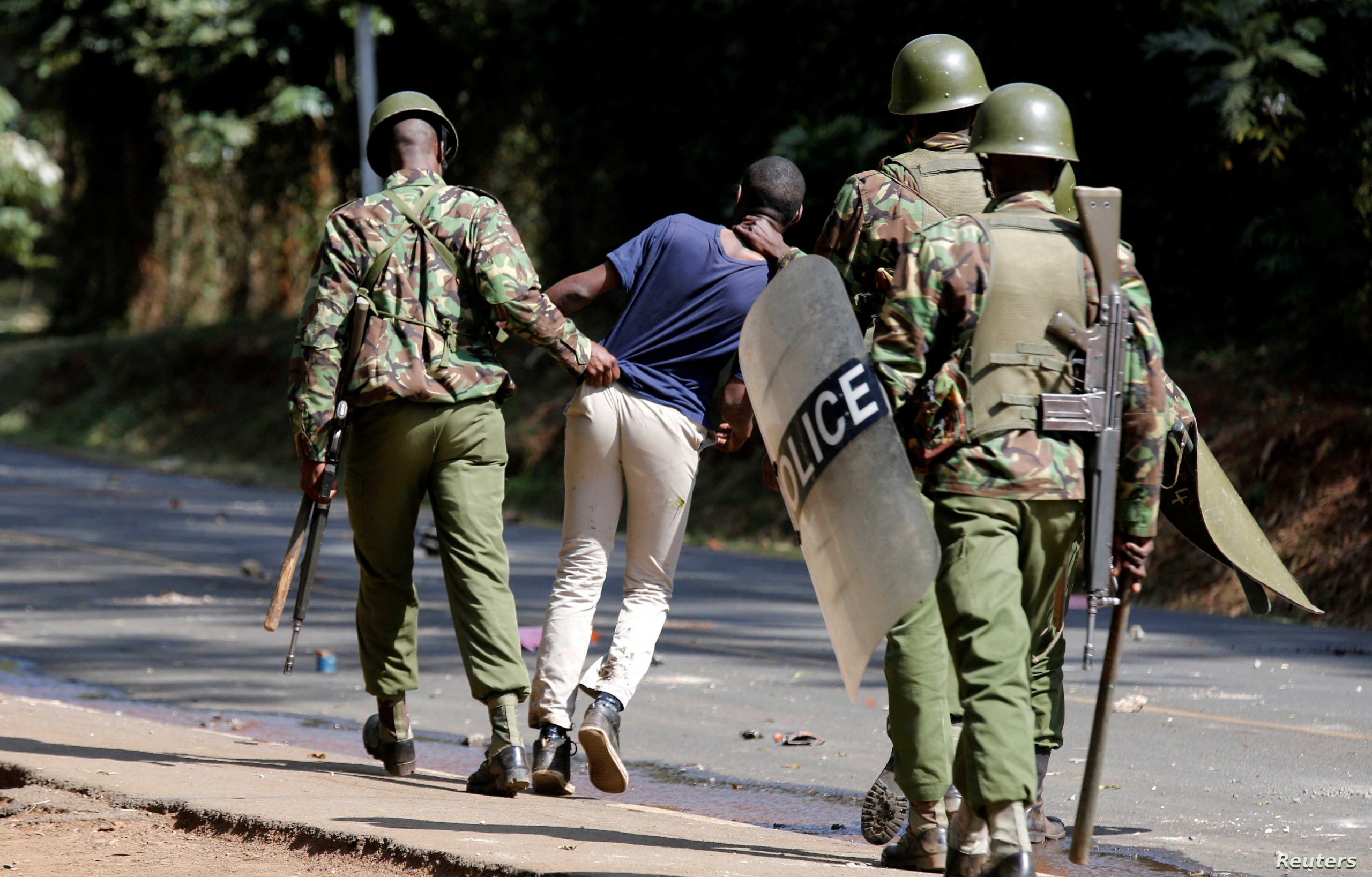
The unprecedented virus leaves us with several questions including whether we are supposed to talk of human rights when confronted with a pandemic
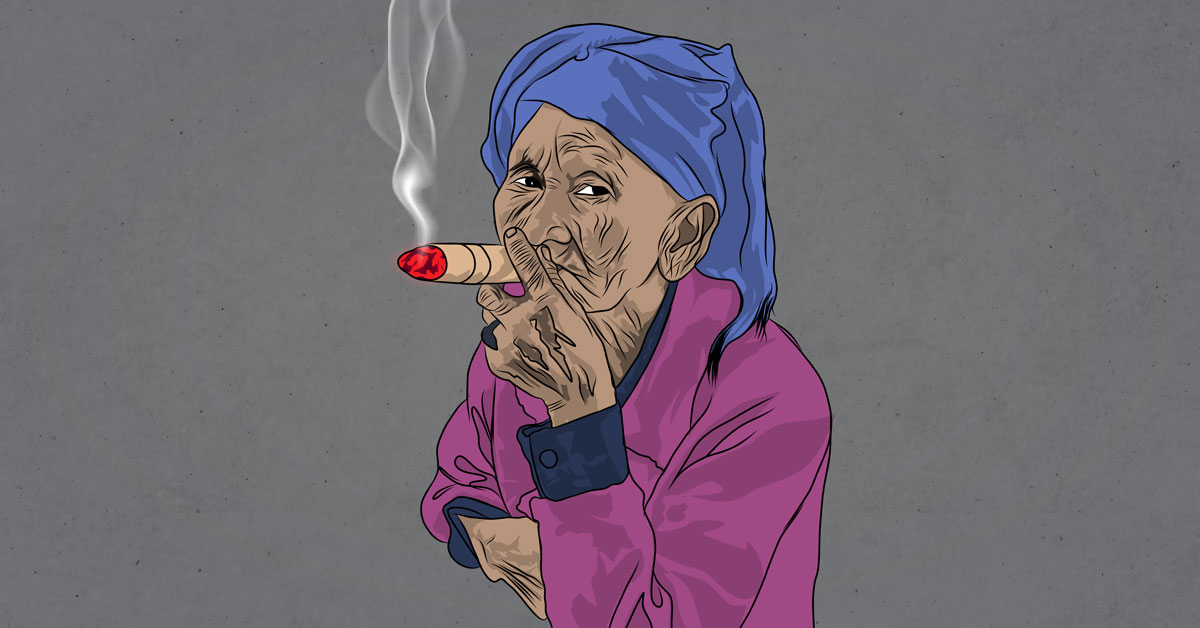
Despite this global melodrama, Marijuana remains firmly rooted, its production and consumption neither dropping nor stopping.